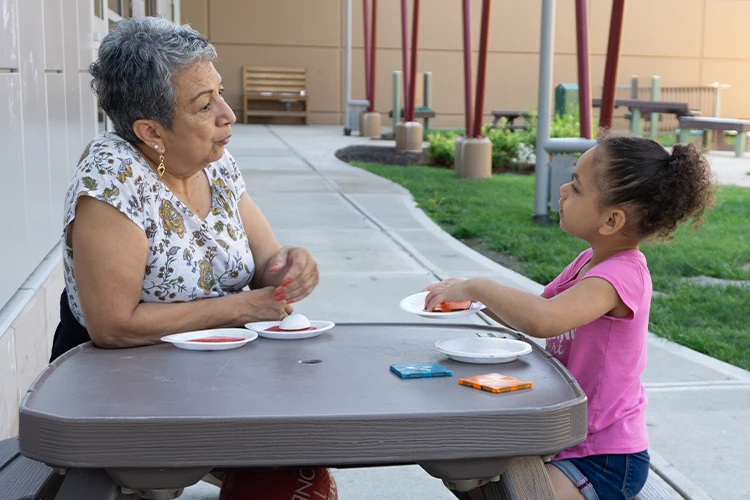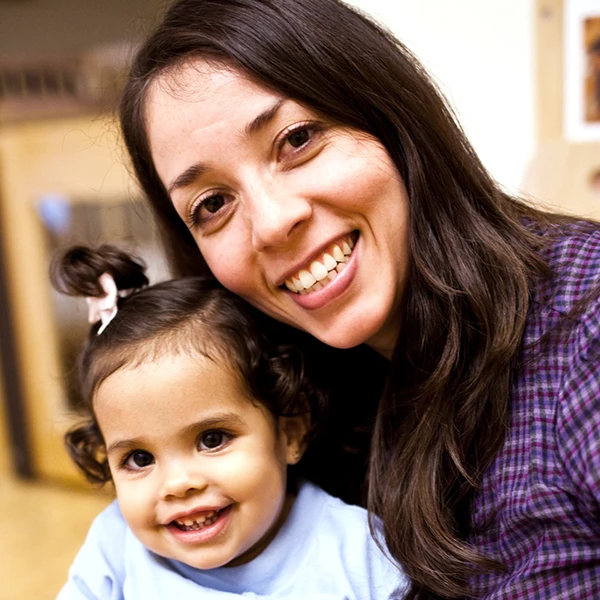About Us
The Educare Network helps to foster equitable policy and systems change by supporting and engaging directly in family-led policy and advocacy efforts at the local, state, and federal levels. Our Educare Policy Workgroup (EPWG) guides the Network’s engagement in early childhood policy and advocacy.

About This Project
The Educare Building Family Leadership resource collection is an online space that offers lessons and artifacts from the long history of family leadership efforts across the Educare Network. In 2023, a Steering Committee comprised of Network family leaders and staff with extensive experience supporting family leadership came together to formalize the Network's approach to family leadership. This resulted in the definitions, values, guiding principles, and recommendations featured throughout this online collection. Download a copy of their full report below.
Please visit our Acknowledgements page to learn more about our partners who helped make this collection a reality.
The tools, resources, and recommendations housed in the collection are intended to guide and inform the family leadership efforts of schools across the Educare Network. In making these resources available to other family-serving organizations, we hope that we can support the expansion of family leadership work across other communities, partners, and systems.

What is Family Leadership?
The Educare Network defines Family leadership as equitable opportunities for parents and caregivers to:
- hold roles of influence and power from the start,
- support others,
- shape decisions,
- drive change, and
- make lasting impact in their families, schools, and communities.

Family leaders are an important part of the Educare Network and the broader early childhood field, especially in helping to shape policies, programs and services.
When parents and caregivers get involved in policy and advocacy, young children and families get better access to services and early childhood systems become more responsive to families’ needs.
